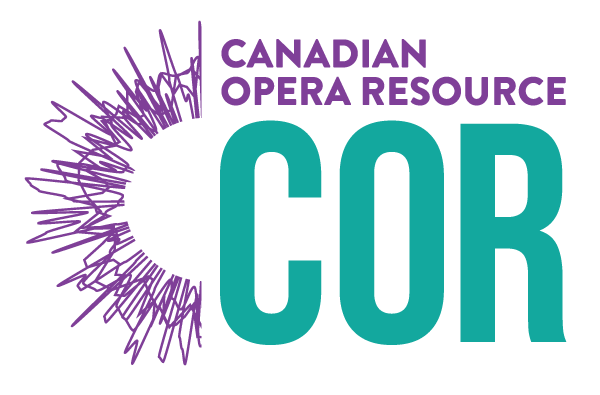OVERVIEW
| Role | Voice Type | Range ? | Character Description |
|---|---|---|---|
| Laurel | high | G#3-Db6 | A woman |
| Stranger | middle-low | A3-C5 | A stranger |
View more videos below - click here
SYNOPSIS
This opera explores the interior realm of a woman’s response to a crisis. The Laurels plays with audience assumptions and expectations; it is well into the piece before we realize the stranger is not the person he appears to be. While it is important that Laurel’s understanding of the Stranger is consistent with her own mental state of panic—assuming that he’s there to harm her—the Stranger’s motive should not at its root be a desire to hurt or possess her sexually. Instead, his words should haunt Laurel with a warm, lyrical sound—at least until Laurel pulls the knife.
MUSIC DESCRIPTION
SCORES FOR PURCHASE
PREMIERE PRODUCTION INFORMATION
| Role | Name |
|---|---|
| Laurel | Laura Whelan |
| Stranger | Steven Pitkanen |
| Role | Name |
|---|---|
| Music Director | Wayne Strongman |
| Director | Banuta Rubess |
| Production Manager | Aidan Cosgrave (JST Productions) |
CREATION
QUOTATIONS FROM CREATIVE TEAM
The Laurels is a short one-act opera which makes use of a thriller genre in order to explore a woman’s response to a harrowing crisis. Rather than dramatize the actual event, which would be difficult to create within a short space of time, the opera opens on the aftermath and illuminates manifestations of morality and how the past haunts us.
Laurel runs through a large city park at night, chased by a male Stranger. We are initially invited to see the Stranger as a dangerous stalker and to “read” the woman as a helpless victim. In the course of the story, however, clues are slipped which suggest that the victim is not so innocent. Through music, word, and action, the opera reveals that The Stranger is in fact part of Laurel’s psyche, and his pursuit of her is with a more complex purpose. When she stabs him and explains her motives, talking of “killing a man tonight,” we think she is referring to the Stranger we have just seen her stab. But when the stranger stirs, not killed, we realize that he is not the victim. He is haunting her, a voice she cannot escape which offers her the only way to properly silence him. The piece ends in this place of heightened dilemma.
The Laurels doesn’t announce itself as an interior psychological drama. Instead, it employs a contemporary retelling of the Daphne and Apollo myth in order to tell an exciting, surprising and moving story that works on many levels.
The Laurels is dedicated to Wayne Strongman and Claire Hopkinson of Tapestry New Opera Works.
QUOTATIONS FROM MEDIA
"Librettist Michael Lewis MacLennan and composer Jeffrey Ryan distill the emotional and vocal essence of opera into an extended dramatic dialogue that takes full advantage of the beauty and pathos of the human voice. Ryan’s often lush, evocative score was gorgeously rendered…"
- John Terauds, Toronto Star
"The softness of the soprano is contrasted with the fierceness of the baritone. The score at first is rushing and restless with interesting musical accents, but there are also moments of rapture and ecstasy as Laurel seeks an end to her despair."
- Paula Citron, Opera Canada
"Highlights of the evening [included] Jeffrey Ryan’s and librettist Michael Lewis MacLennan’s jazz-influenced The Laurels, a modern, sexually charged revision of the Daphne and Apollo myth, in which the usually chaste maiden is far from innocent."
- Jon Kaplan, NOW Magazine
VIDEOS
PRODUCTION VIDEOS
There are no reviews yet. Be the first one to write one.
REVIEW THIS OPERA
You must be logged in to submit a review.
Submit a Suggestion
Please Note: As we try our best to ensure that all the data on this page is correct please understand that these pages were built by humans, so we're bound to make mistakes. Let us know if you have found any errors, typos, or mistakes on this page. If you have any suggestions on adding tags to this page, please use this email link as well. Thank you, your help and contribution are appreciated.



